|
|
|
|
You’ve no doubt woken to a barrage of news lamenting the poor condition of Australia’s lands and waters. After months of delay, the highly anticipated State of Environment Report was finally released today, and it seems to have spared no detail.
The report is released every five years, and assesses the health of Australia’s environment from the tropics to the poles. In today’s lead story, the three chief authors provide an overview of its findings.
It tells the story of drought, bushfire, and marine heatwaves, and the millions of dead wildlife left in their wake. It points to Australia’s untenable rates of land clearing, of habitats destroyed and near-extinct ecosystems with no protection.
And, for the first time, the report includes Indigenous voices, who emphasise the link between Australia’s delicately balanced environment and our own well-being.
Climate change, the authors write, compounds the damage from land clearing, invasive species, pollution and urban expansion. It is lengthening bushfire seasons and damaging ecosystems in ways we’ve never seen before.
All Australians have endured some impact of disaster in the last five years. For conservation scientist Ayesha Tulloch, the report is extremely personal.
She reflects on seeing bushland thin and disappear before her eyes as she crosses the continent for her work. She evacuated with her mum in rural New South Wales as the extreme bushfires of 2019-2020 encroached, swallowing neighbours’ homes. Yet, Tulloch explains why she remains hopeful Australia can still turn this crisis around.
|

|
Anthea Batsakis
Deputy Editor: Environment + Energy
|
|
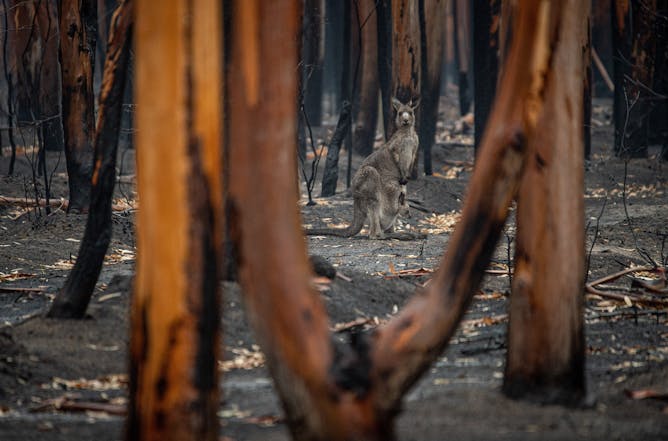
Emma Johnston, University of Sydney; Ian Cresswell, UNSW Sydney; Terri Janke, UNSW Sydney
Three chief authors of the State of the Environment Report provide its key findings. While it’s a sobering read, there are a few bright spots.
|
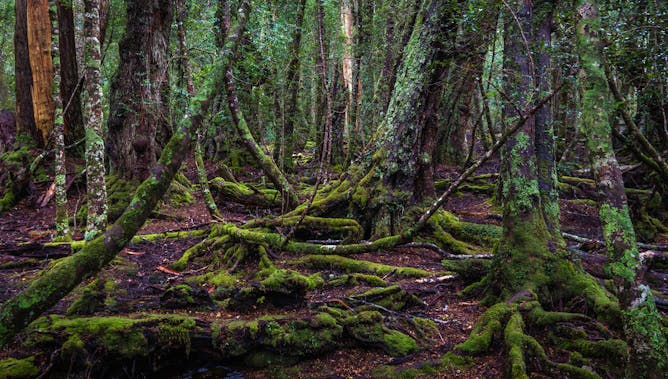
Ayesha Tulloch, Queensland University of Technology
The findings are staggering in their representation of loss and environmental degradation across Australia. While I am disappointed, I am unfortunately not surprised.
|
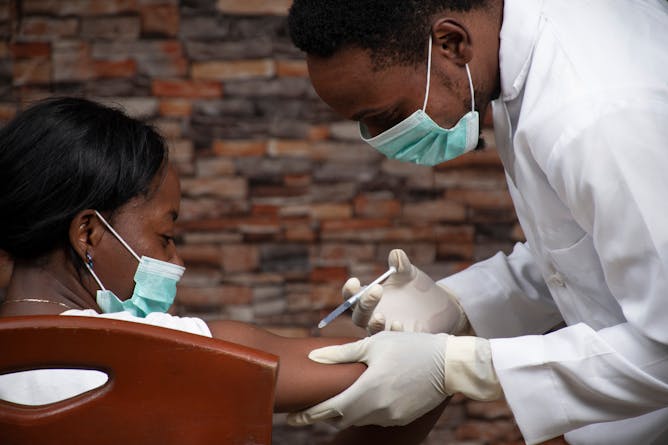
Deborah Gleeson, La Trobe University; Brigitte Tenni, The University of Melbourne
Only 15.8% of the population in low-income countries is double-dosed. Vaccine hoarding by high income countries is to blame.
|

Nial Wheate, University of Sydney; Elise Schubert, University of Sydney; Pegah Varamini, University of Sydney
After testing positive for COVID, your medicine prescription will depend on the severity of your symptoms and any other health conditions you have.
|
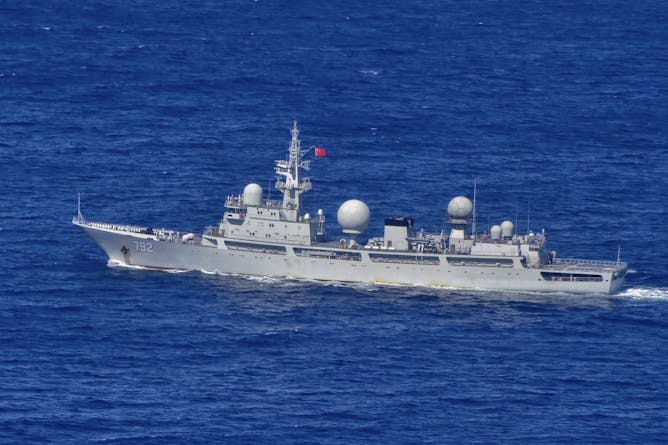
Adam Lockyer, Macquarie University
While there are good reasons not to exaggerate these events, the bad news is these incidents are almost certain to continue. But we shouldn’t frame them as if we’re in the brink of war.
|
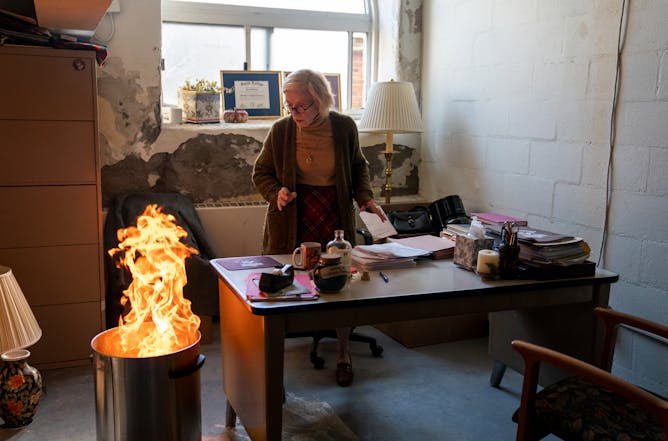
Abby Cathcart, Queensland University of Technology; Melinda Laundon, Queensland University of Technology; Sam Cunningham, Queensland University of Technology
The new ‘Screenomatic’ model can protect students and academics, while still providing useful feedback.
|
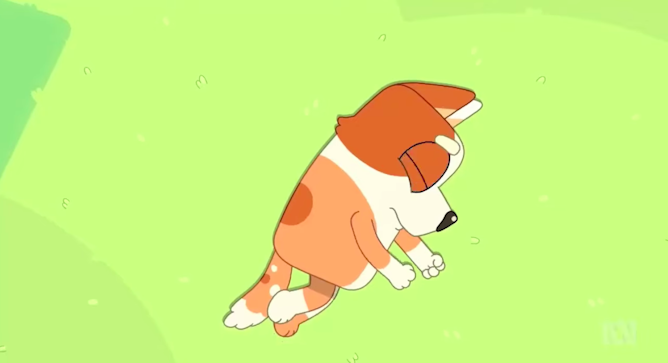
Sianan Healy, La Trobe University
The emotional toll of involuntary childlessness continues well past the period of actively trying to conceive.
|
Politics + Society
|
-
Michelle Grattan, University of Canberra
The first week of the new parliament will contain some depressing news, with Treasurer Jim Chalmers on Monday softening up the community to expect a “confronting” statement on the economy.
-
Hunter Fujak, Deakin University
While membership of the major political parties has plummeted, footy club membership has soared. So what can the major parties learn from footy clubs about how to grow community support?
-
T.J. Thomson, Queensland University of Technology; Julie McLaughlin, Queensland University of Technology; Leah King-Smith, Queensland University of Technology
Australian media have and do unfairly report on Indigenous affairs and toxic environments are leading to fewer First Nations journalists. Should universities put cultural safety in journalism courses?
|
|
Health + Medicine
|
-
Nicole Sutton, University of Technology Sydney; Deborah Parker, University of Technology Sydney; Gillian McAllister, University of Technology Sydney
Respite care needs to be understood as a service for the carer as much as for the older person they care for.
|
|
Science + Technology
|
-
Rob Cover, RMIT University
Earlier this year, a deepfake impersonating Ukrainian President Volodymyr Zelenskyy spread on social media – with Zelenskyy supposedly asking Ukrainians to surrender to Russia.
-
Lauren Kate Kelly, RMIT University
As Coles and Woolworth turn to UberEats and DoorDash for fast deliveries, supermarket workers feel ‘the gig economy is getting closer’.
|
|
Environment + Energy
|
-
Adam Simpson, University of South Australia
There’s been very little media or political discussion of what Australia should be aiming for in 2035. This is baffling.
-
Nicole Allenden, University of New England; Amy Lykins, University of New England; Annette Cowie
Vegetarian and vegan diets are the best for the planet. But most omivores simply won’t switch to them. It’s realistic to promote the Mediterranean diet instead.
-
Wesley Morgan, Griffith University
For Pacific Islands, climate change trumps all other threats to their security. While they welcome Australia’s new emission targets, this is an issue of survival that demands greater ambition.
|
|
Education
|
-
T.J. Thomson, Queensland University of Technology; Julie McLaughlin, Queensland University of Technology; Leah King-Smith, Queensland University of Technology
Australian media have and do unfairly report on Indigenous affairs and toxic environments are leading to fewer First Nations journalists. Should universities put cultural safety in journalism courses?
|
|
Books + Ideas
|
-
Rosie Clare Shorter, Western Sydney University
Can you be a woman with agency, be a feminist and have faith? After her marriage breaks down, former Pentecostal preacher Louise Omer travels the world in search of answers.
-
Suzie Gibson, Charles Sturt University
Shades of classic literature are discernible in The Diplomat, a novel that delves into the disreputable worlds of art and drug addiction.
|
|
Business + Economy
|
-
Louise Grimmer, University of Tasmania
Customers fear the subscription model is meant to gouge them, but that’s not really the end game for sellers.
-
Angsana A. Techatassanasoontorn, Auckland University of Technology; Antonio Diaz Andrade, Auckland University of Technology; Bill Doolin, Auckland University of Technology; Harminder Singh, Auckland University of Technology
Research shows a significant number of people still struggle with the digital transformation of government and business. But throwing more technology at the problem is not necessarily the answer.
|
|
| |
|
|
|
Cranlana Centre for Ethical Leadership at Monash University
Melbourne VIC, Australia
•
Full Time
|

|
|
|
|
| |
| |

|
| |
| |
| |
Featured Events, Courses & Podcasts
|
View all
|
|
|
|
| |
| |
| |
| |
| |
|
|
|
|
|
|
|